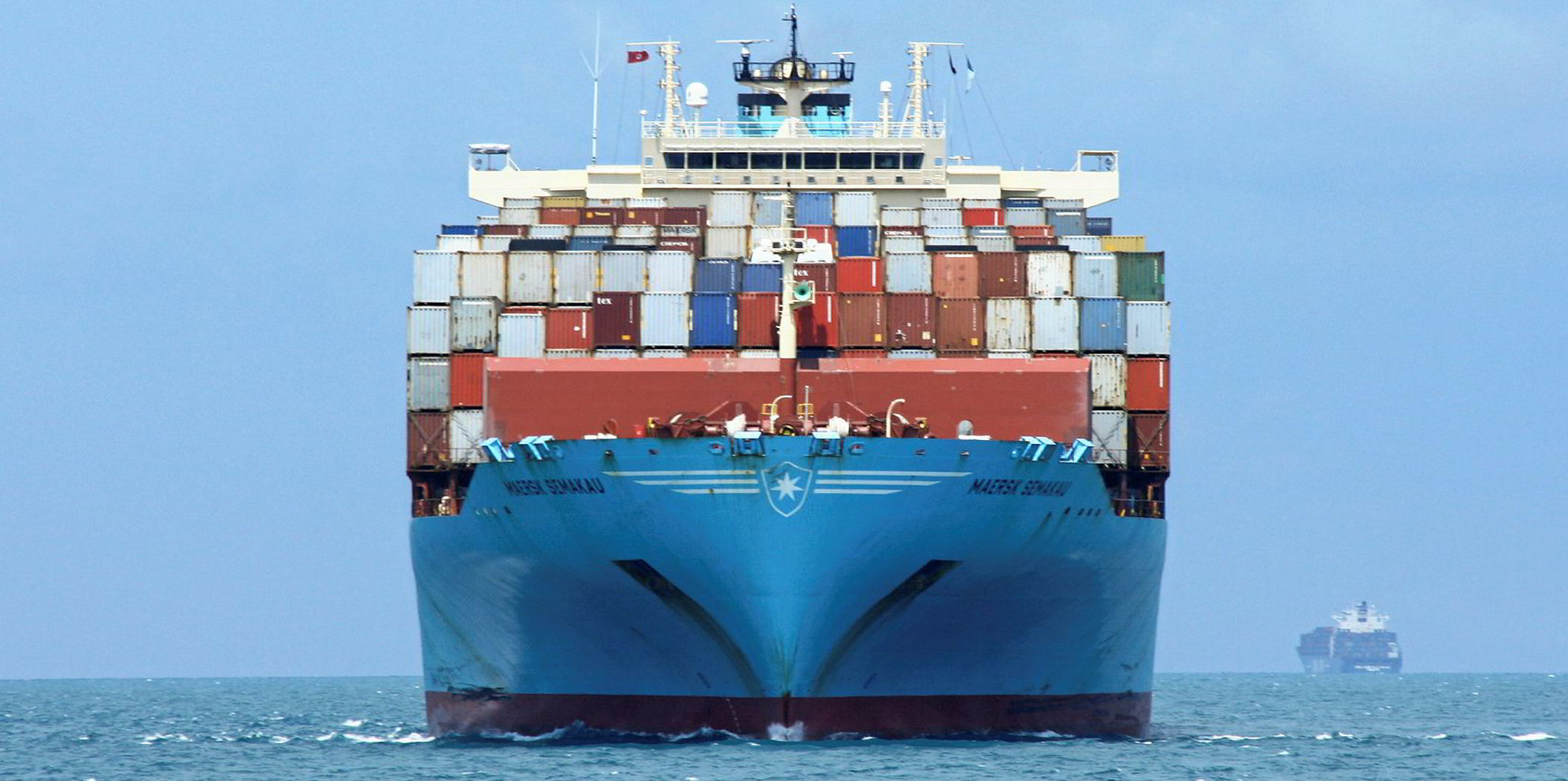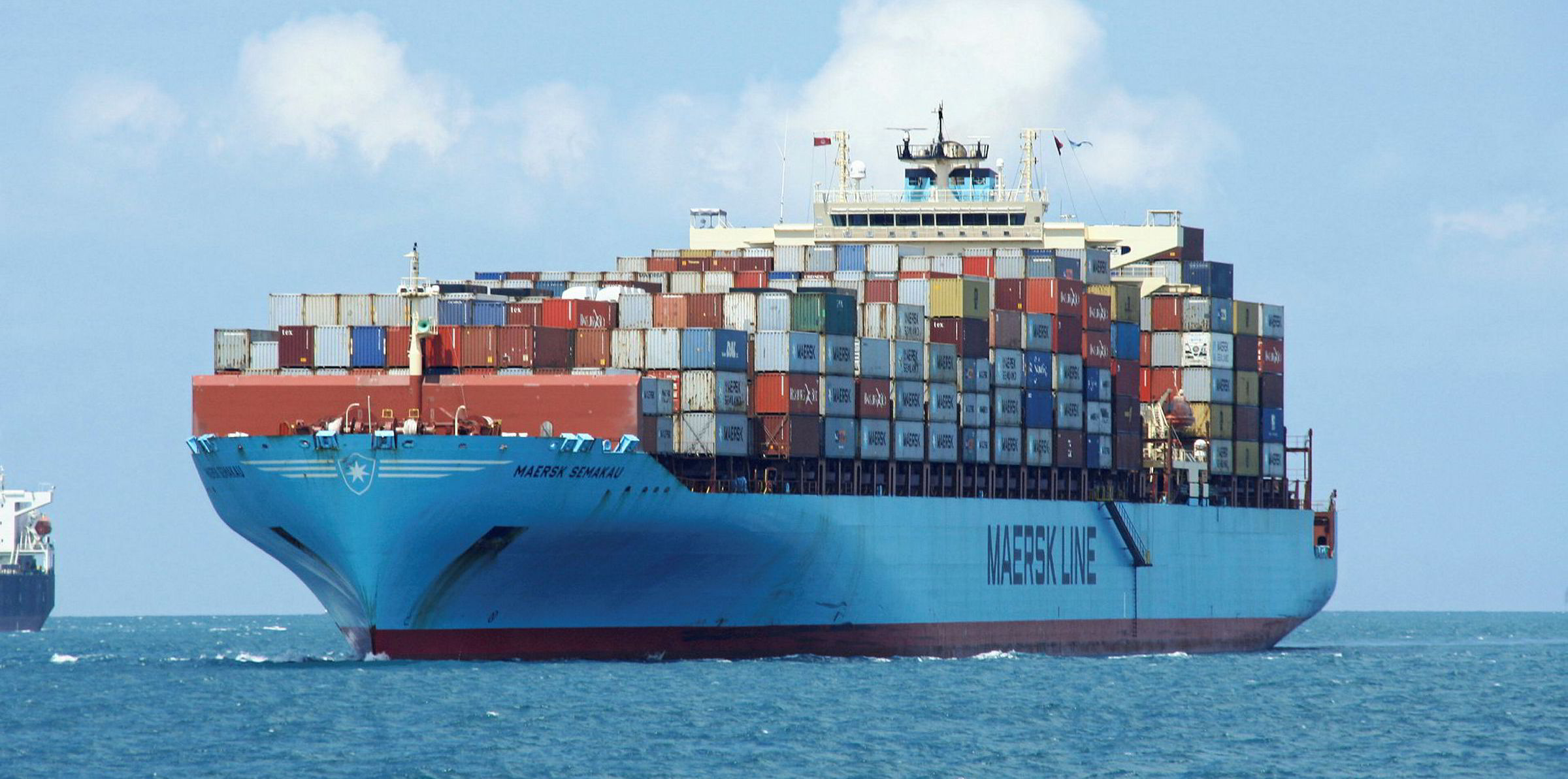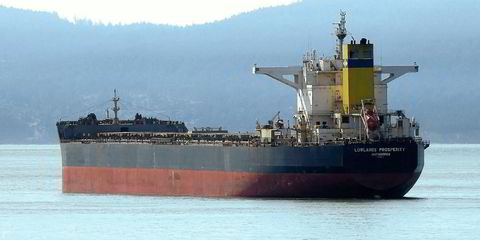AP Moller – Maersk has become an investor and strategic partner in a UK-based start-up that specializes in “return logistics”.
The investment in ZigZag Global has been made by the Danish giant’s venture capital arm Maersk Growth. Financial terms were not disclosed.
“Returns are a huge, costly and often under-managed component of the e-commerce experience,” said Maersk Growth’s Oliver Finch.
“ZigZag helps retailers to reduce the cost and complexity of managing returns with its leading-edge software and functionality.”
Finch said the UK-based company’s service “dramatically simplifies” the complex process of returns from the business and consumer perspective.
“Retailers and customers alike benefit from these improvements and efficiency gains – via increased speed and quality of return logistics, broader customer engagement and care options, and a clear reduction in the costs and waste associated with retail returns,” he said.
Returns have increasingly become part of the “new normal” for e-commerce and multi-channel retailers and return logistics continue to drive significant cost, complexity and waste in the retail supply chain, according to ZigZag.
In some retail segments returns are said to be reaching up to 50% of total sales and are expected to continue to grow in line with the predicted annual e-commerce growth of over 20%.
“Enhanced visibility and data capture can identify opportunities to manage returns within country of sale,” says ZigZag.
“In some cases, this has reduced parcel journey lengths by up to 65%. At scale, this results in measurable reduction in waste and carbon footprint in the existing retail supply chain.”
ZigZag founder Al Gerrie commented: “The funding and Maersk’s extensive reach and expertise will allow us to further develop our product offering to deliver even more value for retailers throughout the supply chain.
“Existing customer performance studies demonstrate that ZigZag’s platform can reduce costs and waste associated with retail returns by up to 57%.”
The ZigZag platform is said to connect retailers to a global network of 220 warehouses and more than 200 carrier services in over 130 countries.
It uses predictive analytics to “understand the most cost-effective and energy-efficient route” to work out if a retailer should hold and resell returned products in local markets or bring them back via consolidation.






